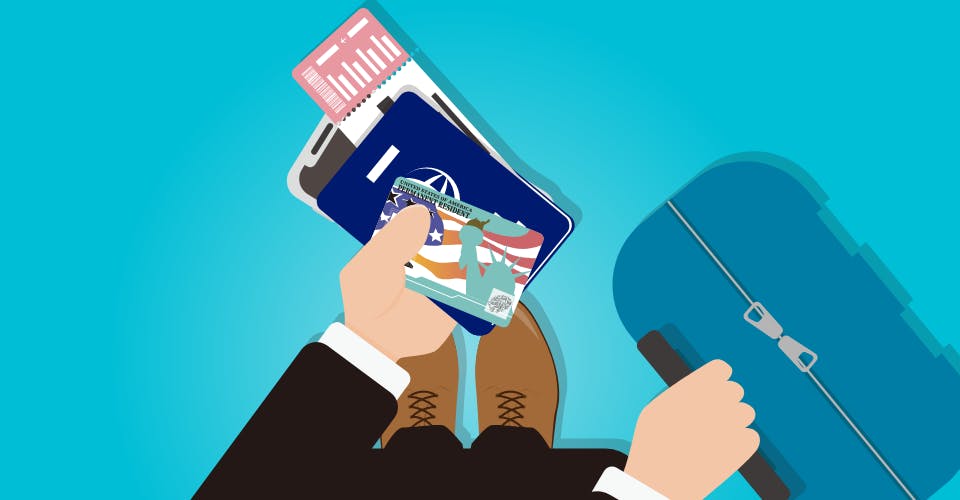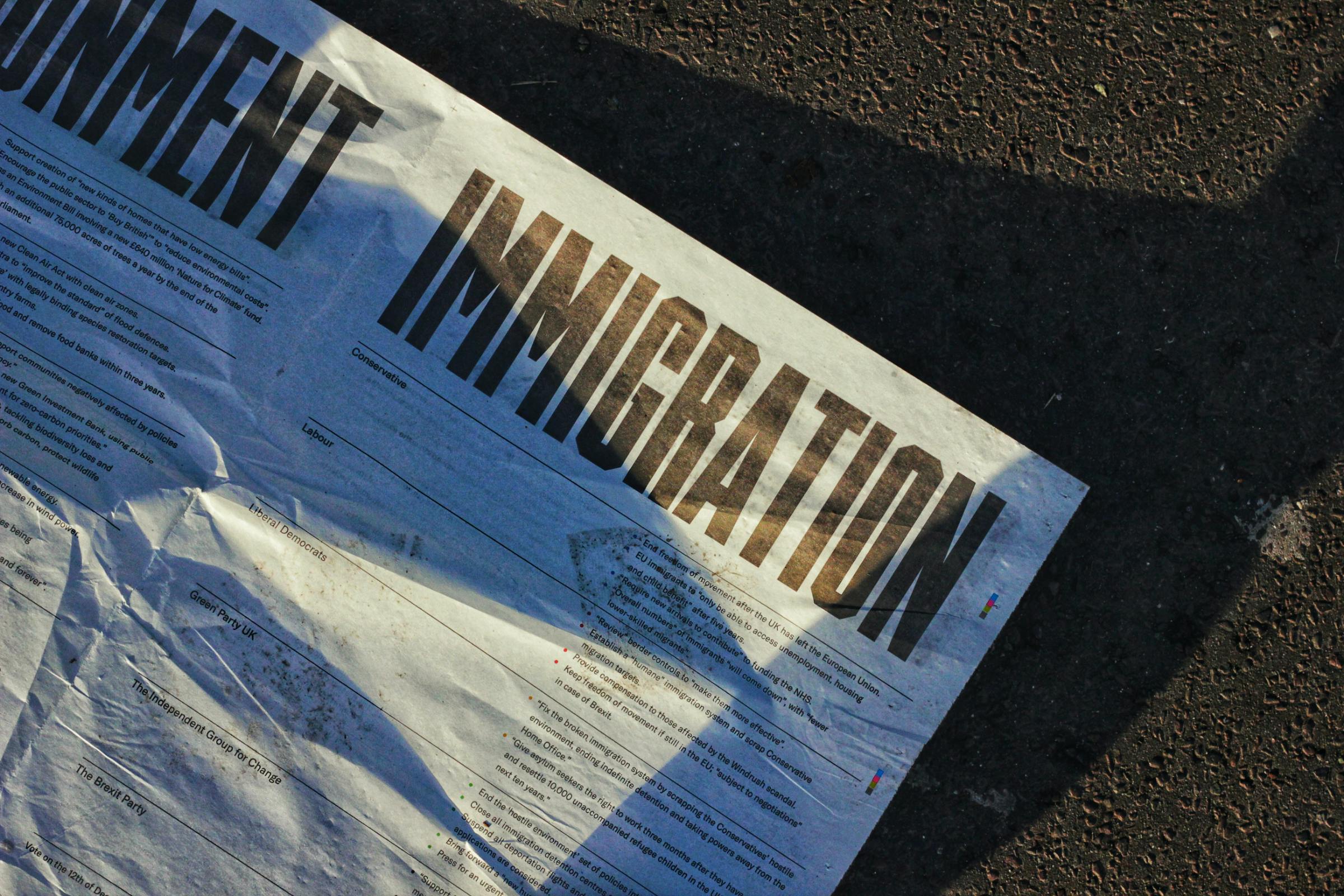Even with the advent of Covid-19 and vaccines that have not been fully distributed to the masses yet, global travel is starting to pick up again. International flights in some regions of the world are at historic lows, to attract more fliers, and overall green card holders who have not seen their family during 2020 might be considering an international trip or holiday to visit loved ones.
While the State Department has issued travel advisories, and conditions that need to be met in order to board an aircraft (such as having/presenting a Covid-19 rapid test with negative test results 72 hours prior to a flight, and agreeing to quarantine once landed in foreign destination) there are also other conditions that need to be met for green card holders without U.S. passports. This brief guide will cover some of the technical details, and policies of the State Department and DHS when it comes to green card holders travelling, and re-entering the United States after an international trip.
Normal Circumstances
Under normal circumstances, green card holders only need their green cards and another national ID/passport to travel internationally. The rules of international travel once departing the U.S. apply to their national passport, and visitors of other countries will have their foreign passports stamped, in the instance of a simple tourist visa to another country. Once re-entering the United States, given that the duration of the trip intended has not changed and they are arriving when they are supposed to, green card holders simply need to present their Permanent Resident card to authorities, and state the nature of their travel. Most likely customs officers will not have any problems with such travel arrangements.
Extended trips
However, green card holders need to be careful if their international travel ends up being prolonged for any reasons. If an LPR leaves the U.S. and has their trip extended abroad, they will need to apply for what is called a Returning Resident Visa (SB-1), regardless of their legal status in the U.S. In order to qualify for a returning resident visa, the following conditions need to be met, according to the State Department (who will be processing the visa from a consulate):
1. The individual in question had the status of lawful permanent resident during the time of departure from the U.S.
2. The individual in question departed the U.S. with the intention of returning and have not abandoned this intention.
3. The individual in question is returning to the U.S. from a temporary visit abroad, and if the stay abroad was protracted, this was caused by reasons beyond their control and for which the individual is not responsible.
The last point should be clarified better. “Reasons beyond ones control” might look like the following:
- A family member became ill and needed to be cared for past the original dates of the trip
- The traveller lost their green card the day they were supposed to depart to the airport
- The traveller became sick themselves and needed to reschedule their flight
Overall, such reasons will need to be presented at the nearest U.S. consulate in order to secure a Returning Resident Visa, so it is not a good idea to claim, if you are the LPR, that you simply wanted more vacation time.
When applying for a Returning Resident (SB-1) immigrant visa, you should submit the following forms and documents to the U.S. Embassy or Consulate where you will apply:
- A completed Application to Determine Returning Resident Status, Form DS-117
- Your Permanent Resident Card, Form I-551
- Your Re-entry Permit, if available
For more information on the logistics of international travel as a green card holder and LPR of the United States, see here.














